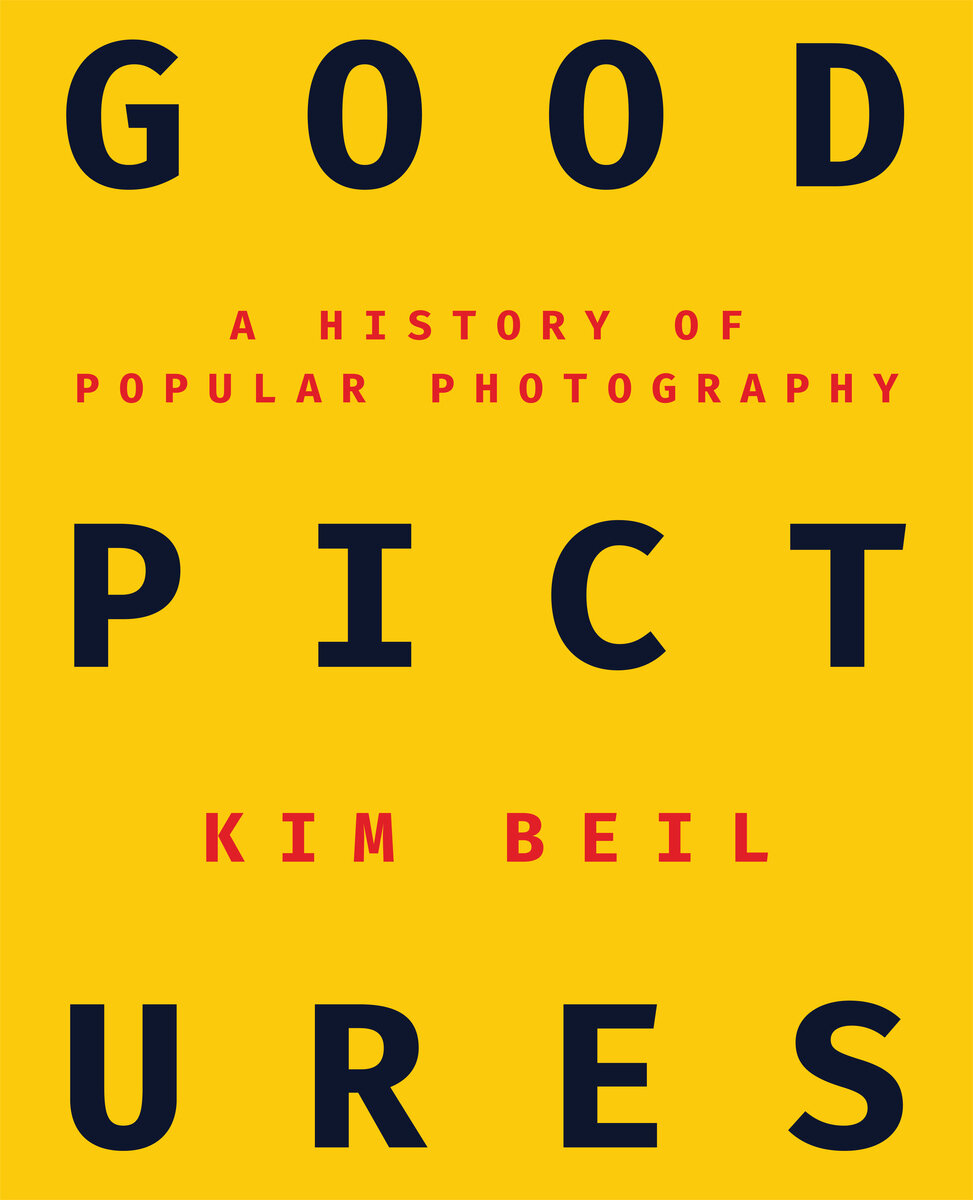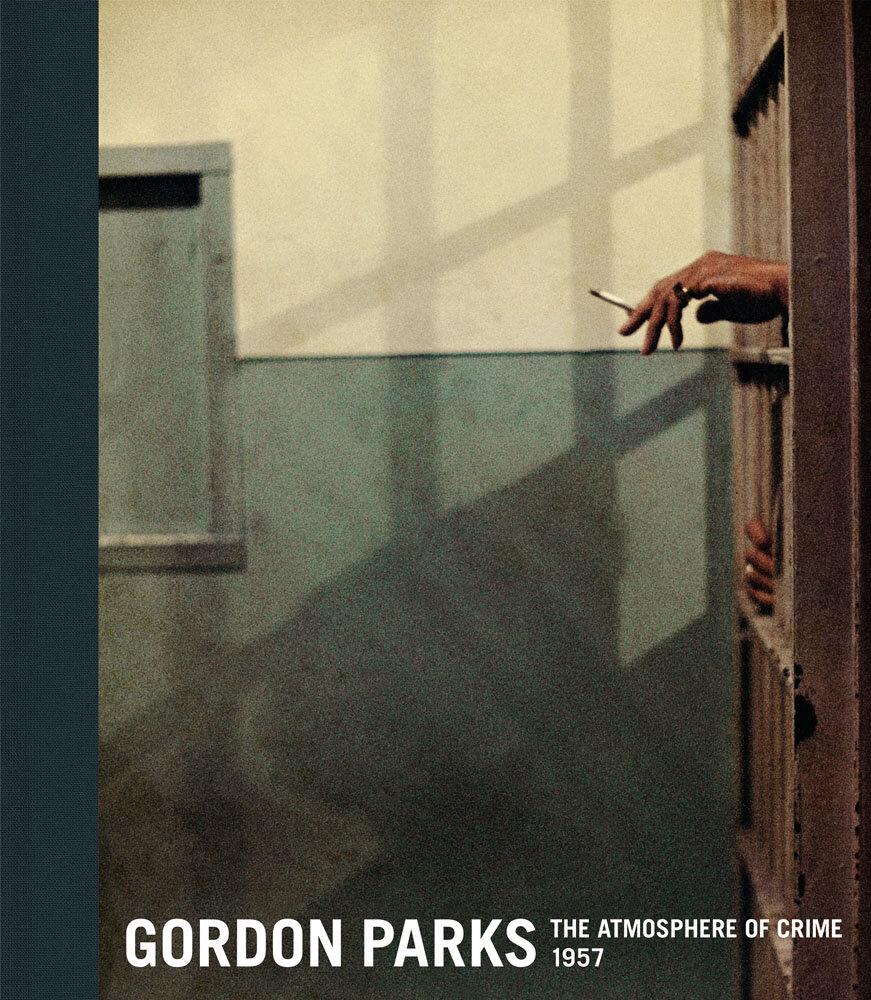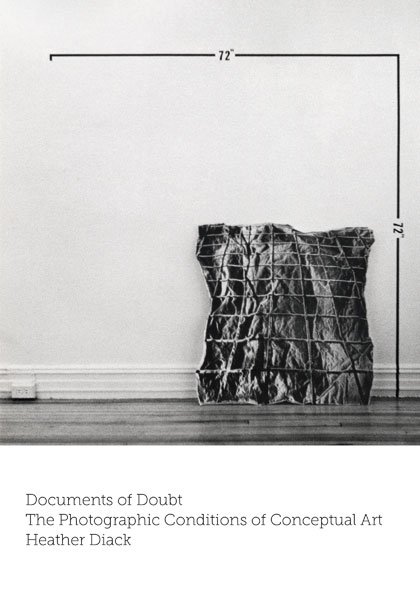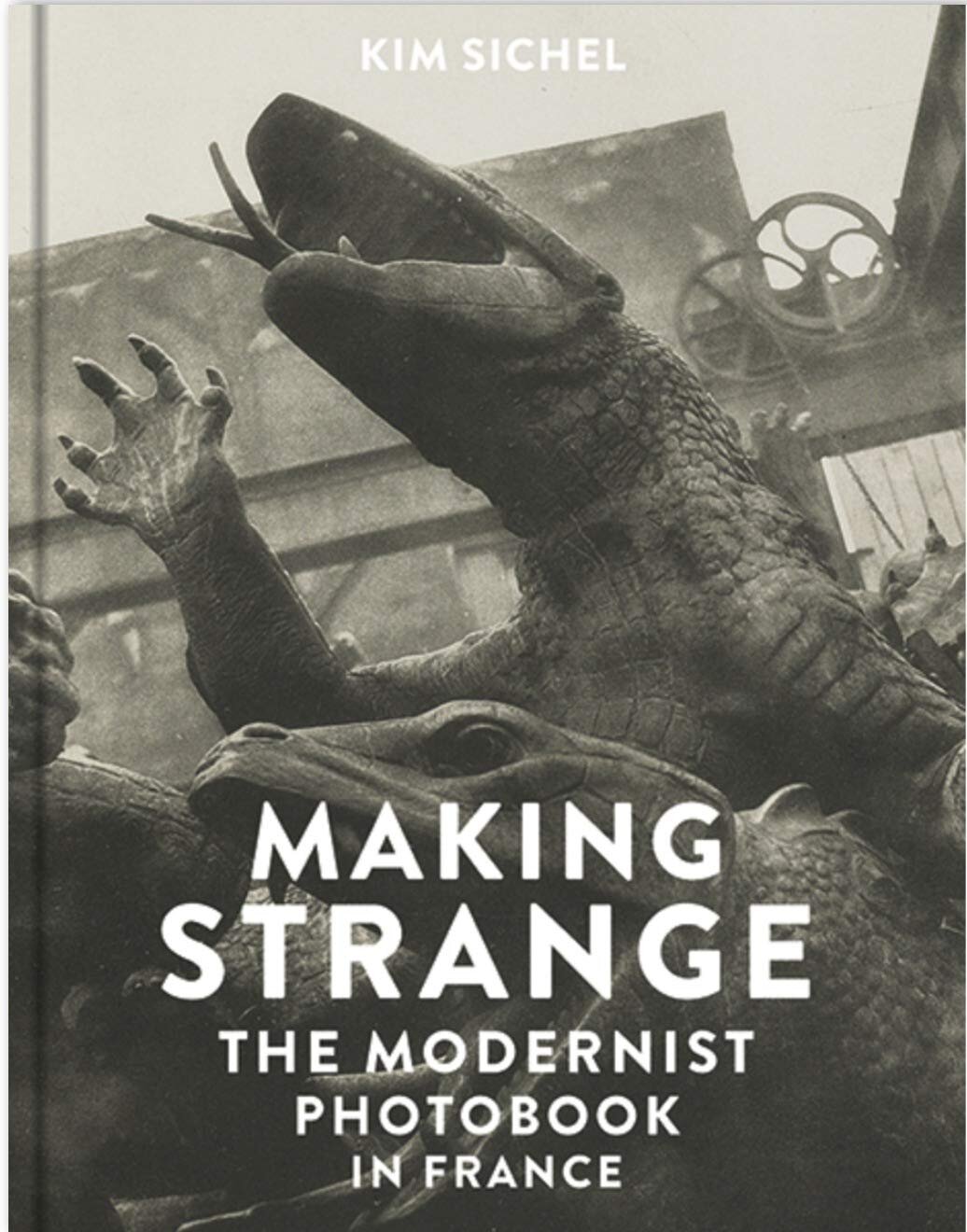
Good Pictures: A History of Popular Photography
Author: Kim Beil
We are all photographers now, with camera phones in hand and social media accounts at the ready. And we know which pictures we like. But what makes a "good picture"? And how could anyone think those old styles were actually good?

Walker Evans: No Politics
Author: Stephanie Schwartz
“NO POLITICS whatever.” Walker Evans made this emphatic declaration in 1935, the year he began work for FDR’s Resettlement Administration.

Gordon Parks: The Atmosphere of Crime, 1957
Editor: Sarah Hermanson Meister, ed., with texts by Nicole Fleetwood and Bryan Stevenson
When Life magazine asked Gordon Parks to illustrate a recurring series of articles on crime in the United States in 1957, he had already been a staff photographer for nearly a decade, the first African American to hold this position. Parks embarked on a six-week journey that took him and a reporter to the streets of New York, Chicago, San Francisco and Los Angeles. Unlike much of his prior work, the images made were in color.

Documents of Doubt: The Photographic Conditions of Conceptual Art
Author: Heather Diack
Why do we continue to look to photographs for evidence despite our awareness of photography’s potential for duplicity? Documents of Doubt critically reassesses the truth claims surrounding photographs by looking at how conceptual artists creatively undermined them. Studying the unique relationship between photography and conceptual art practices in the United States during the social and political instability of the late 1960s, Heather Diack offers vital new perspectives on our “post-truth” world and the importance of suspending easy conclusions in contemporary art.

Life Magazine and the Power of Photography
Editors: Katherine A. Bussard and Kristen Gresh
From the Great Depression to the Vietnam War, the vast majority of the photographs printed and consumed in the United States appeared on the pages of illustrated magazines. Offering an in-depth look at the photography featured in Life magazine throughout its weekly run from 1936 to 1972, this volume examines how the magazine’s use of images fundamentally shaped the modern idea of photography in the United States.

Making Strange: The Modernist Photobook in France
Author: Kim Sichel
France experienced a golden age of photobook production from the late 1920s through the 1950s. Avant-garde experiments in photography, text, design, and printing, within the context of a growing modernist publishing scene, contributed to an outpouring of brilliantly designed books.

Jet Age Aesthetic: The Glamour of Media in Motion
Author: Vanessa R. Schwartz
Vanessa R. Schwartz engagingly presents the jet plane’s power to define a new age at a critical moment in the mid-20th century, arguing that the craft’s speed and smooth ride allowed people to imagine themselves living in the future. Exploring realms as diverse as airport architecture, theme park design, film, and photography, Schwartz argues that the jet created an aesthetic that circulated on the ground below.

Dorothea Lange: Words & Pictures
Editors: Sarah Hermanson Meister
Toward the end of her life, Dorothea Lange reflected, “All photographs—not only those that are so-called ‘documentary’... can be fortified by words.” Though Lange's career is widely heralded, this connection between words and pictures has received scant attention. A committed social observer, Lange paid sharp attention to the human condition, conveying stories of everyday life through her photographs and the voices they drew in. Published in conjunction with the first major MoMA exhibition of Lange’s in 50 years, Dorothea Lange: Words & Pictures brings fresh attention to iconic works from the collection together with lesser-known photographs—from early street photography to projects on the criminal justice system. The work’s complex relationships to words show Lange’s interest in art’s power to deliver public awareness and to connect to intimate narratives in the world.

Dawoud Bey: Two American Projects
Editors: Corey Keller and Elisabeth Sherman
With contributions by Torkwase Dyson, Steven Nelson, Imani Perry, and Claudia Rankine
Dawoud Bey (b. 1953) is an American photographer best known for his large-scale portraits of underrepresented subjects and for his commitment to fostering dialogue about contemporary social and political topics. Bey has also found inspiration in the past, and in two recent series, presented together here for the first time, he addresses African American history explicitly, with renderings both lyrical and immediate. In 2012 Bey created The Birmingham Project, a series of paired portraits memorializing the six children who were victims of the Ku Klux Klan’s bombing of Birmingham, Alabama’s 16th Street Baptist Church, a site of mass civil rights meetings, and the violent aftermath. Night Coming Tenderly, Black is a group of large-scale black-and-white landscapes made in 2017 in Ohio that reimagine sites where the Underground Railroad once operated. The book is introduced by an essay exploring the series’ place within Bey’s wider body of work, as well as their relationships to the past, the present, and each other. Additional essays investigate the works’ evocations of race, history, time, and place, addressing the particularities of and resonances between two series of photographs that powerfully reimagine the past into the present.

Making a Photographer: The Early Work of Ansel Adams
Author: Rebecca A. Senf
One of the most influential photographers of his generation, Ansel Adams (1902–1984) is famous for his dramatic photographs of the American West. Although many of Adams’s images are now iconic, his early work has remained largely unknown. In this first monograph dedicated to the beginnings of Adams’s career, Rebecca A. Senf argues that these early photographs are crucial to understanding Adams’s artistic development and offer new insights into many aspects of the artist’s mature oeuvre.

Parental Grief and Photographic Remembrance: A Historic Account of Undying Love
Author: Felicity T. C. Hamer
Photographic portraits of those who have passed have the potential to become valuable sites of remembrance. Across North America and Western Europe, parents are increasingly unfamiliar with death; lacking the rituals and tools that have historically eased the bereavement process.

The Gender of Photography: How Masculine and Feminine Values Shaped the History of Nineteenth-Century Photography
Author: Nicole Hudgins
It would be unthinkable now to omit early female pioneers from any survey of photography's history in the Western world. Yet for many years the gendered language of American, British and French photographic literature made it appear that women's interactions with early photography did not count as significant contributions.

The Levee: A Photographer in the American South
Author: Nathaniel M. Stein with Sohrab Hura
The Levee: A Photographer in the American South presents a body of photographs by Sohrab Hura (b. 1981, West Bengal, India) in which the artist explores themes of connection, perspective and place. The landscapes and portraits of The Levee trace Hura’s travel along the Mississippi River from its confluence with the Ohio to the far reaches of the delta in Louisiana.
